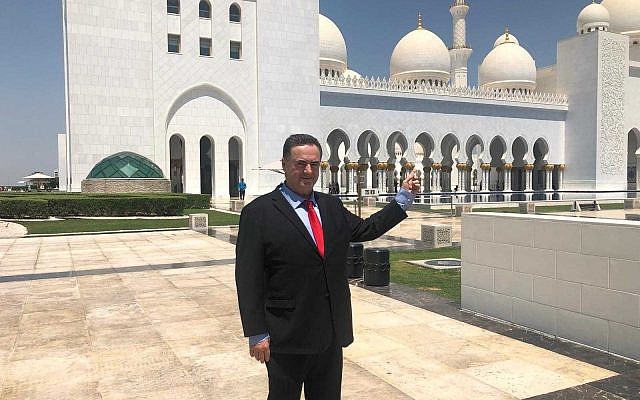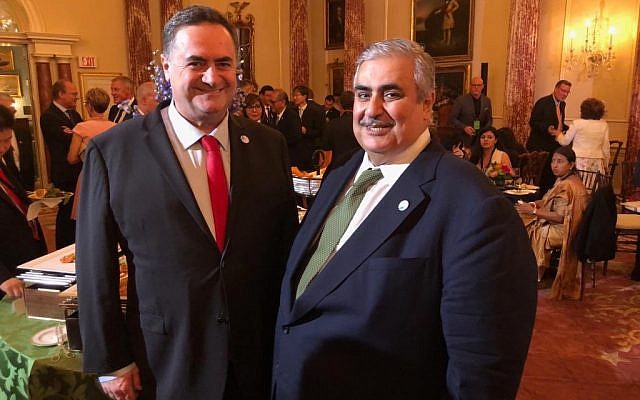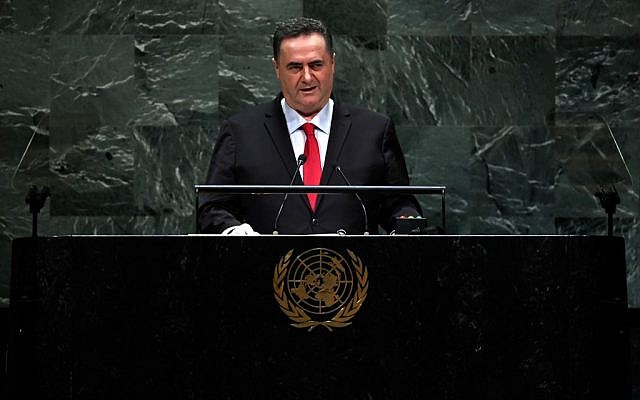
Links
Sheba Medical Centre
Melanie Phillips
Shariah Finance Watch
Australian Islamist Monitor - MultiFaith
West Australian Friends of Israel
Why Israel is at war
Lozowick Blog
NeoZionoid The NeoZionoiZeoN blog
Blank pages of the age
Silent Runnings
Jewish Issues watchdog
Discover more about Israel advocacy
Zionists the creation of Israel
Dissecting the Left
Paula says
Perspectives on Israel - Zionists
Zionism & Israel Information Center
Zionism educational seminars
Christian dhimmitude
Forum on Mideast
Israel Blog - documents terror war against Israelis
Zionism on the web
RECOMMENDED: newsback News discussion community
RSS Feed software from CarP
International law, Arab-Israeli conflict
Think-Israel
The Big Lies
Shmloozing with terrorists
IDF ON YOUTUBE
Israel's contributions to the world
MEMRI
Mark Durie Blog
The latest good news from Israel...new inventions, cures, advances.
support defenders of Israel
The Gaza War 2014
The 2014 Gaza Conflict Factual and Legal Aspects
Israel and Gulf states working on ‘historic pact’ to end conflict between them

Israel is reportedly negotiating with several Gulf states on a “non-aggression pact” between them as they face off against an increasingly emboldened Iran. The deal, which Channel 12 news described as potentially “historic,” aims to put an end to the state of conflict between the Gulf states and Israel, and reportedly provides for friendly relations, cooperation in a variety of fields, and no war or incitement against each other.
Advancing the Israeli initiative, Foreign Minister Israel Katz met on the sidelines of the UN General Assembly last month with several foreign ministers from Arab Gulf states, Channel 12 news reported Saturday night.
There was no immediate comment from the Foreign Ministry.
Katz himself on September 23 tweeted that he had held talks with an unnamed counterpart from an Arab country with which Israel does not have formal relations, and said they discussed “ways to deal with the Iranian threat” and a process for boosting “civilian cooperation.”
Katz, who is leading the effort with the backing of Prime Minister Benjamin Netanyahu, agreed with his Gulf Arab interlocutors during “a series of meetings” in New York to set up working teams to take the non-aggression pact forward, the TV report said.

Katz presented his Gulf counterparts with a draft text of the intended pact, which was drawn up by the Israeli Foreign Ministry, the TV report said. It reportedly highlights the opportunity to advance common interests in the context of the threat posed by Iran, and is drafted in accordance with principles of international law.
Katz is also reported to have discussed the intended pact with the Trump administration’s outgoing special envoy for the peace process, Jason Greenblatt.
While Israel seeks to widen its diplomatic relations with states in the region beyond its two full peace partners Egypt and Jordan, the non-aggression pact initiative stems from Israel’s recognition that full relations with the Gulf states may not be possible unless or until the Israeli-Palestinian conflict is resolved, the TV report noted. The deal would constitute a “historic” document, putting an end to the state of conflict between these Gulf states and Israel, the report said.
The draft clauses reportedly include commitments to develop “friendly relations and cooperation” in accordance with the UN charter and international law; to prevent hostility or incitement to hostility against each other; and to eschew any military or security alliance with other parties against each other.
Among other elements, the TV report said, the draft text specifies cooperation in the fight against terror, and in advancing economic interests.
Katz attended the General Assembly on behalf of Netanyahu, who remained in Israel as he seeks to negotiate a majority coalition. The prime minister had planned to attend the UN gathering and meet on the sidelines with US President Donald Trump, who had said earlier last month that he intended to discuss a possible US-Israel Mutual Defense pact.
At the UN on September 23, Katz held what he said at the time was “a first and fascinating meeting… with one of the Arab foreign ministers.”
He added: “We discussed in depth the regional realities and ways to deal with the Iranian threat, while at the same time we agreed on a process for promoting civilian cooperation between our two countries. A new and challenging reality.”
Katz, who is also intelligence minister, has previously met with senior Arab officials at least twice: In early July, he met an unnamed senior Emirati official during a visit to the Gulf city of Abu Dhabi. Later that month, he shared a photograph with Bahrain’s Foreign Minister Khalid bin Ahmed Al Khalifa during an event hosted by the US State Department in Washington. It marked the rare instance in which a top Arab official is publicly documented meeting a senior Israeli figure.

In November 2018, Katz traveled to Oman to attend an international transport conference. “In my view cooperation between Israel and the Gulf states can and should be expanded,” he said at the time. “Israel also has a lot to offer when it comes to water desalination and irrigation, agriculture and medicine.”
In his speech at the UN last month, Katz stressed that Israel “has a clear policy to advance ties, and normalization with the Arab Gulf States.
“We have no conflict with the Gulf states, and we have common interests in the field of security against the Iranian threat as well as in developing many joint civilian initiatives,” he said.
“Israel has a lot of capabilities in many areas, including hi-tech, innovation, agriculture and water technology, which can help the Gulf states, and the Gulf states have a lot of capabilities that can help Israel as well,” he noted. “I hope that this cooperation will lead to the signing of peace agreements between our countries, as we did with Egypt and Jordan.”
In August, Katz said it was realistic to expect formal peace deals with moderate Sunni Gulf states within a few years.
# reads: 335
Original piece is https://www.timesofisrael.com/israel-and-gulf-states-said-working-on-non-aggression-pact-as-they-face-iran/